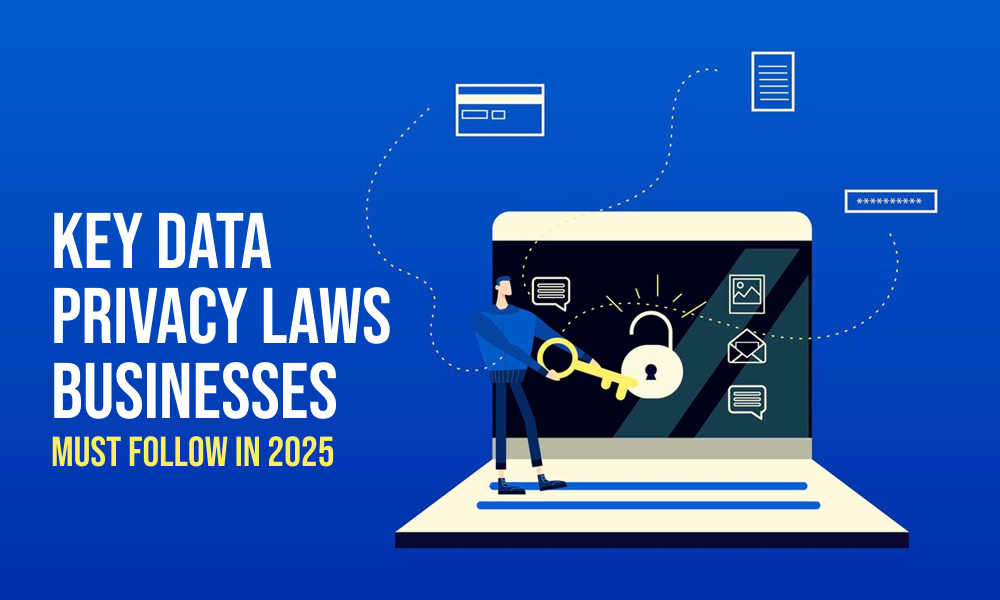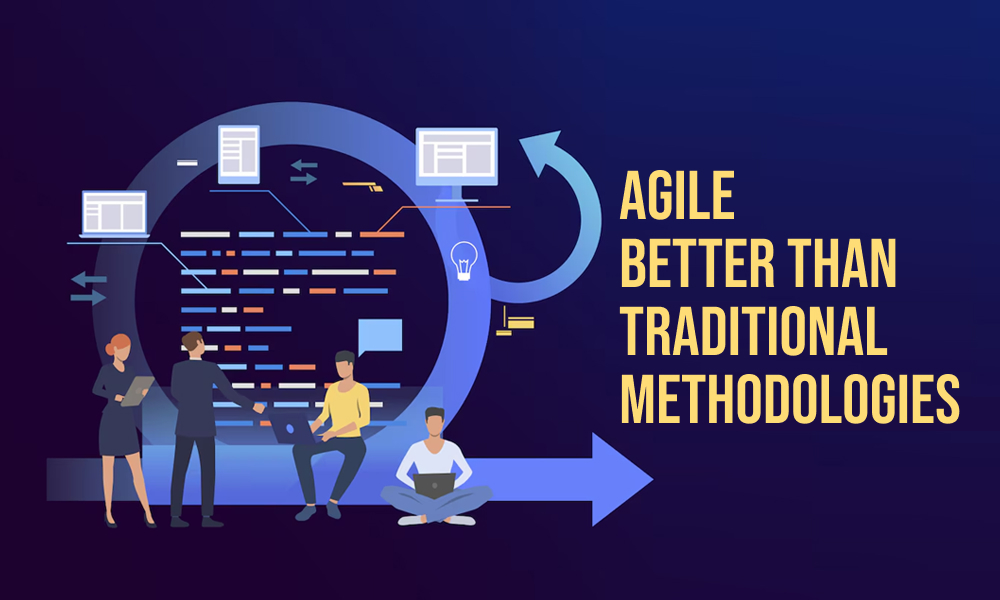table of content
- What Are Logistics Applications?
- How Logistics Applications are Empowering Businesses
- Statistics in the Logistics App Sector
- Key statistics paint a vivid picture
- Current Technology Trends in the Logistics Industry
- Latest Logistics Apps Ideas
- Role of Software Application Development Companies
- Expertise and Experience
- Customization and Integration
- Compliance and Security
- Ongoing Support and Maintenance
- Build your next custom logistics app with Codestore
How Logistics Apps Development Services are Empowering the Transportation and Logistics Sector:

In today’s fast-paced world, the transportation and logistics industry faces increasing pressure to deliver goods and services efficiently and cost-effectively. Fortunately, transportation and logistics app development services can help businesses in this domain by creating customized mobile and web applications. These apps enable companies to streamline operations, gain real-time visibility, and ultimately thrive in the competitive landscape. Let’s delve deeper and explore how logistics app development services are empowering the transportation and logistics sector.
What Are Logistics Applications?
Logistics applications are software solutions that streamline and optimize supply chain management and logistics operations. They act as the digital backbone of the logistics industry, automating tasks, facilitating communication, and providing real-time data insights to improve efficiency and visibility across the entire flow of goods from origin to destination.
How Logistics Applications are Empowering Businesses:
Logistics applications empower businesses across various industries by addressing key challenges and unlocking opportunities for growth and innovation. Here’s how logistics applications are driving value for businesses: 
- Streamlined Operations : Logistics applications automate and streamline critical logistics processes, from order management and transportation planning to warehouse operations and last-mile delivery, enabling businesses to operate more efficiently and effectively.
- Improved Visibility and Transparency : By providing real-time tracking and visibility into the supply chain, logistics applications enable businesses to monitor the movement of goods, track inventory levels, and identify potential issues or delays, enhancing transparency and accountability.
- Optimized Resource Utilization : With features like route optimization, load planning, and inventory management, logistics applications help businesses optimize the use of resources, such as vehicles, drivers, and warehouse space, leading to cost savings and improved asset utilization.
- Enhanced Customer Experience : Logistics applications enable businesses to provide a seamless and personalized customer experience, with features like order tracking, delivery notifications, and easy returns, fostering customer satisfaction and loyalty.
- Data-driven Decision-making : By leveraging data analytics and reporting capabilities, logistics applications provide businesses with valuable insights and actionable intelligence, empowering them to make informed decisions, identify opportunities for optimization, and drive continuous improvement in their logistics operations.
These features empower organizations to transform raw data into actionable insights, facilitating informed decision-making and strategic planning.
Statistics in the Logistics App Sector:
The logistics industry is in a digital revolution, driven by the burgeoning demand for faster, more transparent, cost-effective delivery solutions. This translates into a booming Logistics App Market. Users spend over an hour daily on logistics apps, highlighting their integral role in daily life.

Key statistics paint a vivid picture:
- Users spend over an hour daily on logistics apps, highlighting their integral role in daily life.
- The average revenue per user is expected to reach $9.41 by 2029, demonstrating the potential for monetization.
Current Technology Trends in the Logistics Industry:
The logistics industry is undergoing rapid transformation driven by advancements in technology. Several key technology trends are shaping the future of logistics:
- Internet of Things (IoT) : IoT sensors and devices are being deployed throughout the supply chain to track and monitor goods in real-time, optimize asset utilization, and improve operational efficiency.
- Artificial Intelligence (AI) and Machine Learning (ML) : AI and ML algorithms analyze vast amounts of data, predict demand patterns, optimize routes, and automate decision-making processes, leading to more efficient and agile logistics operations.
- Blockchain Technology : Blockchain technology is being explored for its potential to enhance transparency, traceability, and security in the supply chain, enabling secure and tamper-proof transactions and reducing the risk of fraud or counterfeiting.
Overall, these technology trends drive significant innovation and disruption in the logistics industry, reshaping traditional business models and creating new opportunities for growth and efficiency.
Latest Logistics Apps Ideas:
The rapid advancement of technology and changing consumer preferences drive the demand for innovative logistics applications. Here are some of the latest logistics app ideas that have the potential to transform the industry: 
- Crowdsourced Delivery Platforms : Apps that connect businesses with independent delivery drivers or crowd sourced delivery networks to offer flexible and cost-effective last-mile delivery solutions.
- Smart Warehousing Solutions : Apps that leverage IoT sensors, RFID tags, and AI-powered analytics to optimize warehouse operations, improve inventory management, and enhance order fulfillment processes.
- Predictive Maintenance Platforms : Apps that use IoT sensors and predictive analytics to monitor the condition of vehicles, machinery, and equipment in real-time, predict maintenance issues before they occur, and schedule proactive maintenance tasks to minimize downtime and reduce costs.
- Supply Chain Collaboration Platforms : Apps that facilitate collaboration and communication between different stakeholders in the supply chain, including suppliers, manufacturers, distributors, and retailers, to improve visibility, coordination, and efficiency across the entire value chain.
- Green Logistics Solutions : Apps that promote sustainability and environmental responsibility in the logistics industry by optimizing route planning, reducing fuel consumption, minimizing emissions, and promoting eco-friendly transportation alternatives.
- Hyperlocal Delivery Platforms : Cater to the growing demand for hyperlocal deliveries by connecting customers with local businesses for faster and more efficient deliveries within a specific geographic area.
- Voice-controlled Logistics Management :o streamline operations and implement voice-activated features for drivers and warehouse workers. This can allow hands-free access to information, order updates, and route navigation, improving efficiency and safety.
Role of Software Application Development Companies:
Software application development companies play a crucial role in designing, developing, and implementing logistics applications. These companies offer various services to help businesses build custom software solutions tailored to their needs and requirements. The role of software application development companies in empowering the transportation and logistics sector includes:
Expertise and Experience
Software application development companies bring expertise and experience in developing logistics applications, with deep knowledge of industry best practices, emerging technologies, and software development methodologies.
Customization and Integration
These companies work closely with clients to understand their unique business challenges and objectives and develop customized software solutions that address their needs.
Compliance and Security
They can ensure the developed software adheres to relevant industry regulations and data security standards, protecting sensitive information and mitigating risks.
Ongoing Support and Maintenance
After development, software application development companies can provide ongoing support and maintenance services to ensure the solution functions smoothly and adapts to evolving needs. This includes bug fixes, security updates, and feature enhancements.
Build your next custom logistics app with Codestore:
CodeStore has been a trusted partner to businesses worldwide for digital transformation. With a passion for innovation and a commitment to excellence, we specialize in providing custom software solutions that empower businesses. If you are looking for logistics app development services, we will be happy to help you build custom software solutions for your business. [number]




